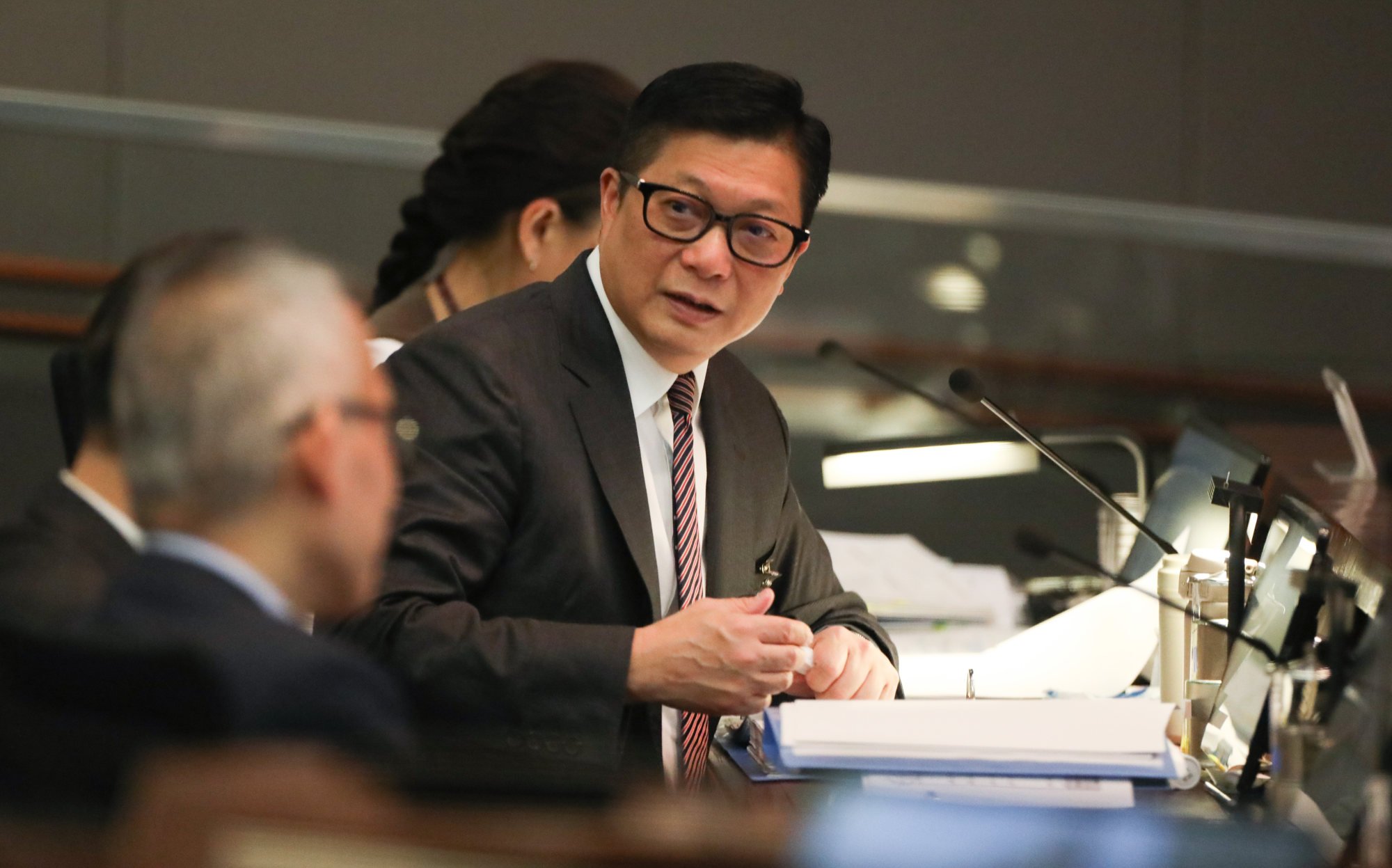
Hong Kong bureau of Washington-funded Radio Free Asia may quit city as domestic national security legislation expected to come into force
- Insider says station has four full-time and up to four part-time staff; some to move to Taiwan or Washington, some to lose jobs
- Source predicts station will be out of Hong Kong by end of March and says staff were told in February
The station, funded by the United States Agency for Global Media, a United States government body, was expected to move some of its Hong Kong staff to Taipei or to its Washington headquarters, the source added.
The radio station had four full-time staff in the city and three to four part-time employees, the insider said, adding some were expected to be made redundant.
The source predicted the station would be out of Hong Kong by the end of the month.

The source said that the broadcaster had already informed staff of its plan to leave Hong Kong in late February, with its office to be handed back to the station’s landlord in mid-April.
Another source familiar with the situation said staff had not been told the reasons for the relocation.
A third added there had been several staffing changes since the enactment of the 2020 Beijing-imposed national security law.
Two reporters were moved to Taiwan 18 months ago. Both cover mainland China, although one of them also covers Hong Kong news.
The insider added that the media outlet had been planning the exit of its staff from Hong Kong ever since the Beijing-imposed national security law took effect.
Hong Kong lawmakers finish reviewing all 181 clauses in Article 23 bill
Radio Free Asia has in the past been criticised by the city’s security minister Chris Tang Ping-keung for its coverage of the proposed domestic national security law.
Tang last month slammed the station over “false” reports that the legislation was designed to target the media.
“We note that reports on Radio Free Asia, which is funded by the US government, mention that some of the offences under Article 23 target the media,” he said. “It is wrong, and false.
“We only target those who could pose threats to national security.”
The news comes as the Legislative Council holds a series of marathon meetings to scrutinise the legislation, which was gazetted on March 8.
All you need to know about Hong Kong’s domestic security law
Legco is expected to vote on the law soon after the clause-by-clause debate finishes on Wednesday.
The legislation is a requirement under Article 23 of the Basic Law, Hong Kong’s mini-constitution.
The bill was designed to supplement the 2020 national security legislation, which criminalised acts of secession, subversion, terrorism and collusion with foreign forces.
The five new offences in the Hong Kong bill are: treason; insurrection, incitement to mutiny and disaffection and acts with seditious intention; sabotage; theft of state secrets; and external interference.
A 2003 bid to pass a domestic national security law was ditched in the face of massive public protests.
Ronson Chan Ron-sing, chairman of the Hong Kong Journalists Association, said the broadcaster’s decision was logical as their reports had been targeted by officials and their funding by the American government could hinder their work in the present political environment.
Chan added the decision reflected the concerns of foreign media in Hong Kong, especially those funded by overseas governments, and the expected passing of the city’s domestic national security legislation.
“Overseas media outlets are very concerned about the safety of their reporters, so they will be thinking about their continued presence in the city,” he said.
“The most important thing is whether the government can give confidence to these media organisations … they need to think if they can give these outlets some form of protection or guarantee.”
Additional reporting by Elizabeth Cheung

